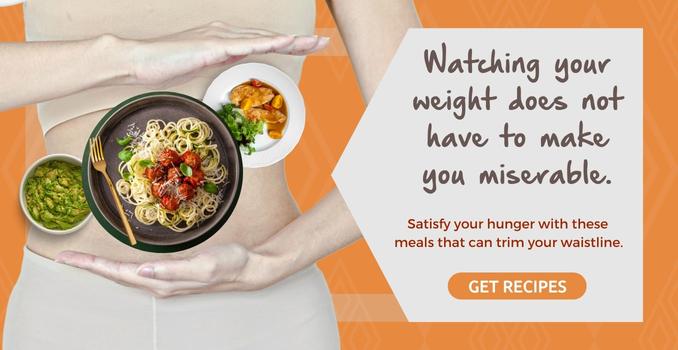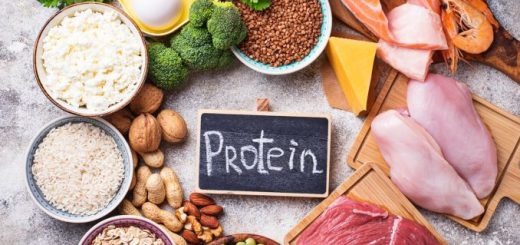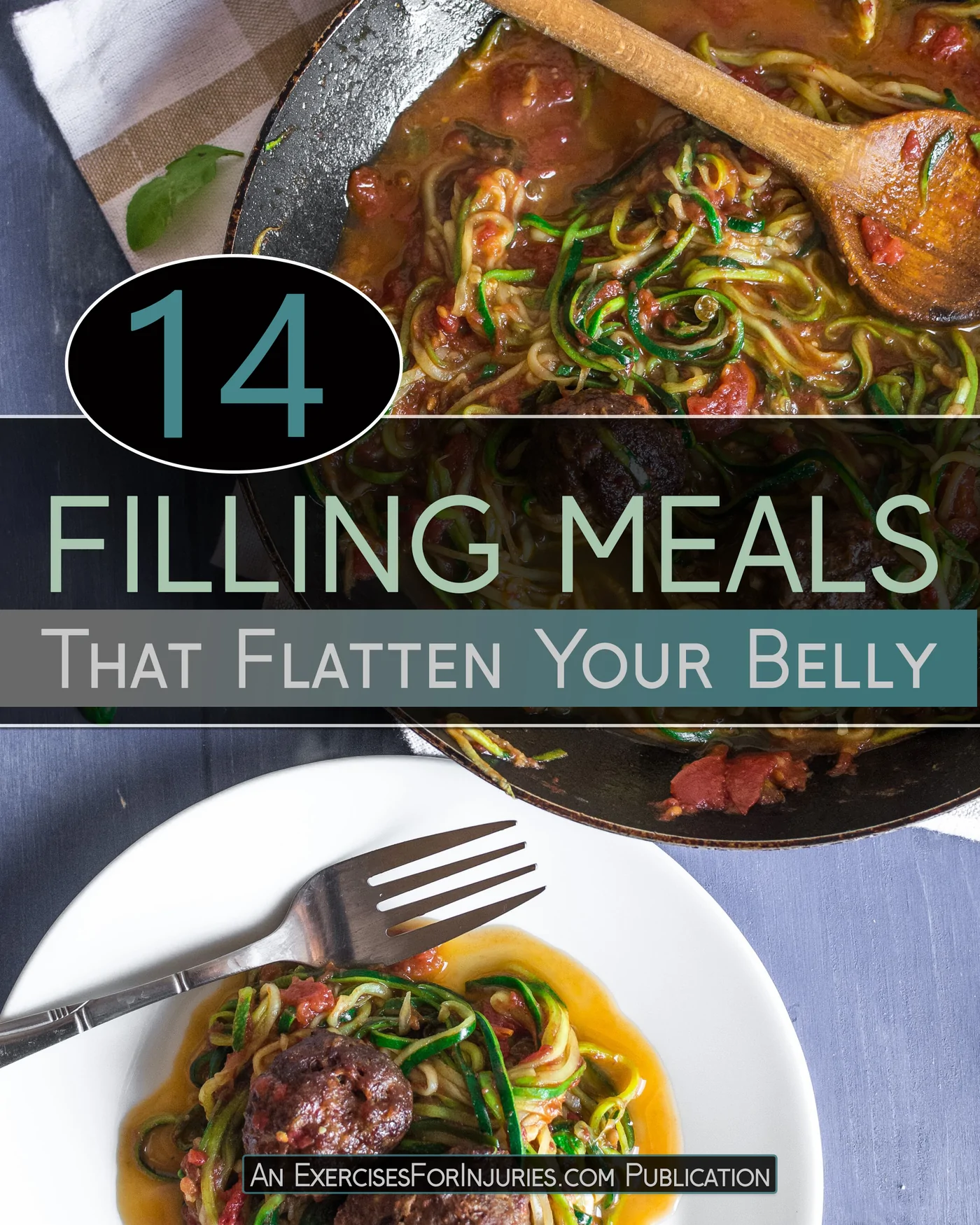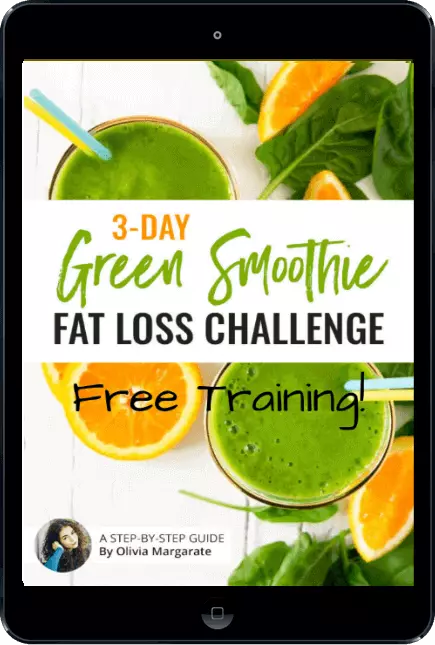You’ve Been Buying the Wrong Eggs! Here’s How to Buy the Best Eggs
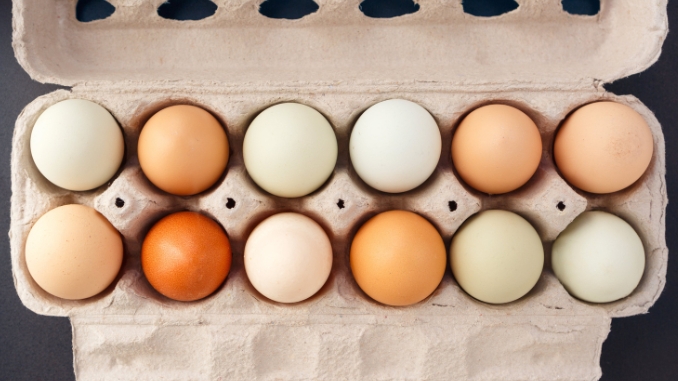
Last updated on May 15th, 2025 at 05:56 pm
Regarding your health, not all eggs are created equal whether eating eggs for breakfast or baking them into your favorite treats, the quality of the eggs you choose matters more than you think.
But with so many labels and brands lining the grocery store shelves, how can you figure out how to buy the best eggs?
Let’s crack the code on egg labels, nutrition, humane practices, and what makes an egg worth your money.
Best Egg Type To Buy: It’s More Than Just “Brown” vs “White”
The color of the shell? Irrelevant. The real difference lies in how the hens are raised and what they’re fed.
Pasture-raised eggs [1] should be your first choice if you're after the most nutritious and ethically produced option. These come from hens with continuous access to outdoor space, often with at least six hours outside daily.
That outdoor access allows them to express natural behaviors like pecking, scratching, and dust bathing.
Here’s how different egg types stack up:
- Pasture Raised: Best choice for both animal welfare and nutrient density. Look for “Certified Humane” or “Animal Welfare Approved” for extra assurance.
- Free Range: Hens have some outdoor access, but it is often limited and can vary.
- Cage Free: Better than conventional, but hens may still be kept indoors without cages.
- Conventional (Battery-Cage): Often raised in tight, inhumane conditions without outdoor access. Not a solid choice.
When you buy, choose organic eggs if you're concerned about hormones, antibiotics, and pesticides. These eggs come from hens fed a vegetarian, hormone-free diet and raised without synthetic pesticides.
What Do Egg Grades Mean? Don’t Be Fooled by Fancy Words
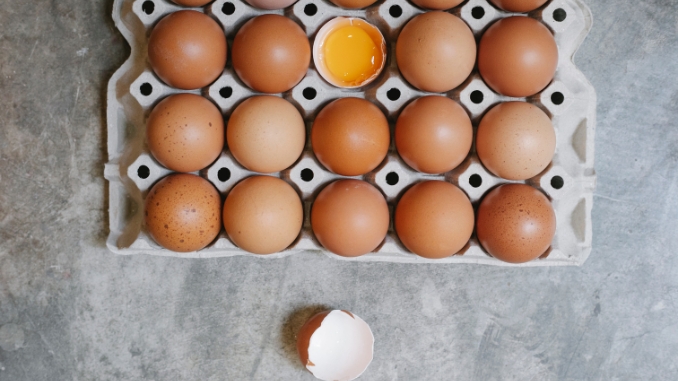
The USDA grades eggs based on the quality of the shell, yolk, and white. The grades are:
- Grade AA: Thick whites, high-standing yolks, and clean shells. Ideal for frying or poaching.
- Grade A: Still high quality, but slightly less firm. Great for all-around use.
- Grade B: Thinner whites and flattened yolks—best used in baking or processed foods.
Most eggs sold in stores are Grade A or AA, so if you see a carton labeled “B,” skip it unless you’re baking in bulk.
Important: “Eggs graded” doesn’t mean they’re better for you—it’s just about appearance and handling quality.
Egg Brands You Can Buy: Which Ones Walk the Talk?
With so many brands making big claims, it’s easy to get overwhelmed. Here are a few egg brands that consistently rate high in both nutrition and humane practices:
- Happy Egg Co. – Known for their pasture-raised standards and outdoor access requirements.
- Vital Farms – High transparency, certified humane, and one of the best in the market.
- Pete and Gerry's – Organic, cage-free. and Certified Humane.
- Eggland's Best – Widely available and enriched with vitamins like B12 and D, though they aren't pasture-raised.
Always check the egg cartons for animal welfare certification logos like Certified Humane, USDA Organic, or Animal Welfare Approved. These help you avoid falling for misleading marketing.
What to Look For When Shopping: Your Egg Buying Checklist

Still not sure how to buy the best eggs? Use this checklist next time you’re in the grocery store:
✔ Look for Labels: Prioritize eggs labeled “pasture raised,” “organic,” or “certified humane.”
✔ Read the Carton Carefully: Claims like “natural” or “farm fresh” sound nice but mean nothing legally.
✔ Check the Feed: Choose vegetarian-fed, hormone-free options for a cleaner, more nutritious egg [2].
✔ Buy From Trusted Producers: Local farms and farmers’ markets often produce high-quality eggs with more humane practices.
✔ Check for Outdoor Space & Laying Cycle: Hens should have at least six hours of outdoor access during their laying cycle.
Keri Gans, MS, RDN, a New York-based registered dietitian and author of The Small Change Diet, says:
“When buying eggs, I recommend looking for labels like ‘Certified Humane’ or ‘Pasture Raised’ to ensure the hens had decent living conditions. Pasture-raised eggs typically have more omega-3 fatty acids and vitamin D compared to conventional eggs, which supports overall health.”
Why It All Matters: Nutrition, Ethics, and Your Wallet
Choosing the best eggs isn’t just about taste—investing in better nutrition, supporting humane agriculture practices, and encouraging a food system that values animal welfare.
Eggs from pasture-raised hens [3] have been shown to contain more omega-3s, vitamin D, and other essential nutrients compared to conventional ones. And when you support brands that let hens express their natural behaviors, you help create a world where both animals and consumers win.
You may spend a little more, but the payoff is better health, ethics, and a better food system.
Final Thoughts: The Best Eggs Start with an Informed Buyer
You don’t need to be a registered dietitian to know that quality matters. You can make a solid choice at the grocery store when you know what to look for, from egg grades to humane certifications.
Egg buying doesn’t have to be a guessing game. Armed with this guide, you know exactly how to buy the best eggs, which brands to trust, and what labels stand for.
Ready to make your next dozen a power-packed, ethically sound purchase? You’ve got this.
Are you hungry yet? Remember that watching your weight does not have to make you miserable. Invest in your health and happiness and satisfy your hunger with these filling meals that flatten your belly. Check out now this 14 Filling Meals That Flatten Your Belly – Cookbook!
Frequently Asked Questions
What should I avoid when buying eggs?
Avoid eggs with these red flags:
- No welfare certification (like “Certified Humane” or “Animal Welfare Approved”)
- Vague terms like “natural”, “farm fresh”, or “hormone-free” without any certification
- Cracked or dirty shells (these can let in bacteria)
- Brands with unclear or misleading claims like “vegetarian-fed” but no info on outdoor access
How can you tell if eggs are good?
Do the float test: Place the egg in a glass of cold water.
- Sinks and lays flat: Very fresh
- Sinks and stands up: Still okay, use soon
- Floats: Bad—toss it
Also, sniff test works: a rotten egg smells unmistakably sulfurous.
How long are fresh eggs good for?
- Refrigerated eggs (store-bought) 3–5 weeks past the pack date
- Farm fresh eggs (unwashed) Up to 3 weeks at room temp, and 3+ months refrigerated
Always check the “Best By” or “Sell By” date on the carton.
Do eggs expire?
Technically yes, but not always when the date says so. Eggs can remain safe to eat beyond their expiration if they’ve been stored properly in the fridge and pass the float or sniff test. If unsure—when in doubt, throw it out.
Rick Kaselj MS, is a leading kinesiologist and injury specialist as well as co-creator of the best-selling Unlock Your Hip Flexors program. Rick creates exercise programs that help people heal injuries and eliminate pain, so they can go back to living a full, active, healthy life.

